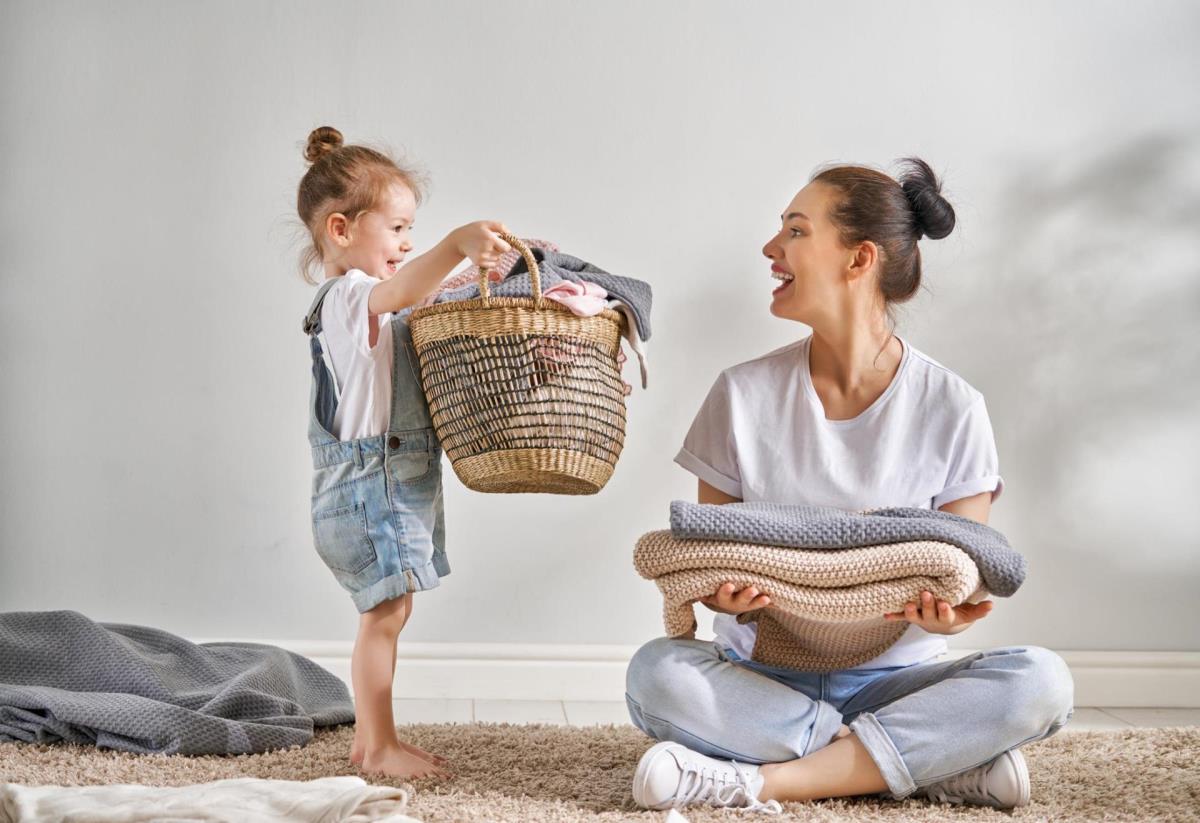Creating a Routine for Young Children

As we move from self-isolation with some form of school structure into holidays and beyond, it’s going to become increasingly important to create and maintain routine within your home. This will help you juggle work and family life but also provide a rhythm to your day that will help children to feel comfortable and secure.
All children and families are different, so routines will vary and it will always be a balancing act between providing a consistency that will help you feel more relaxed and able to control the day and being flexible and allowing the day to evolve with choices for what might happen next.
Three Key Points
- Let’s face it, managing access to tech and telly may be a key issue for many families. It may help to factor it in as part of the routine, one slot in the morning, one in the afternoon if you can. As with all the other elements of the routine, if your children get used to this as their ‘tech slots’, it will make managing access easier.
- Young children love to help and feel involved. Make the most of opportunities for them to help with household jobs. These could include loading the washing machine or pairing up socks and it will really help you if they learn to set up for meals and tidy away afterwards.
- Timings – tempting as it is to get some extra hours of sleep, if you can stick to normal wake up and bed times this will help keep your routine during this period – as well as help the return to ‘normal life’ when it eventually resumes.
Day Planner Outline
This planner will help you to create your own routine to work for your family.
Wake Up- Say good morning to the world and stretch.
Family Breakfast Time – Allow children to make choices and help prepare their food. Create a box of healthy snacks for later – for example chopped fruit and veggies, cheese, hard-boiled eggs etc.
Get Ready for the Day - Wash, brush teeth and get dressed as you would have normally done, supporting children to make appropriate choices, for example, based on the weather or the activities planned.
Discuss Plans for the Day – Ask children’s ideas on what they would like to do today. Share your ideas and agree a rough outline. It helps young children to feel secure when they have a sense of what is going to happen.
Learning through Play – Whether inside and outside, try downloading our Learning at Home activity cards for ideas. Follow your child’s lead if they have ideas for what they would like to play.
Snack– Have your snacks and give them a chance to move about – especially if they have been sitting at a task.
Learning through Play – Either continue with the morning’s activity if your child is still interested or choose something different to engage them. Take a look at some great online resources covering many topics that will interest children.
Prepare for Lunch – *Wash hands first* and encourage children to help prepare their meals (where appropriate) by washing vegetables or chopping fruit.
Lunchtime – Use this time to sit and talk to your child about their morning. What have they enjoyed doing? What would they like to do in the afternoon?
Nap or Rest Time – Young children may benefit from a nap or just some time to relax. You could read stories together or allow children to listen to stories on sites such as Audible.com. A period of quiet (or if they no longer nap – then this could be an ideal tech slot) will help your children stay fresh for the afternoon and even enable you to either rest or check in with some work.
Mid Afternoon Snack– Dive into your snacks again to keep energy levels up through the latter part of the afternoon.
Get Outside - If we’re still allowed and your children haven’t yet played outside, encourage them to get into the garden or go for a walk. Getting fresh air will help everybody keep positive - don’t let weather be a barrier! If lockdown is restricting even these activities, open the windows (somewhere safe), breathe in fresh air and play games with cloud shapes.
Prepare for Dinner - Where appropriate, allow children to help prepare your meals. Can they help you chop, wash, bake, mix or stir something?
Dinner - Use this time to sit and talk to your child about their afternoon. What have they enjoyed doing? What would they like to do tomorrow?
Quiet Play – Encourage children to choose quieter activities, such as puzzles, drawing or read stories.
Bath Time – Children can develop their self-help and independence skills, dressing and undressing and choosing their pyjamas.
Bedtime – Say goodnight to the world and dream about the fun to be had tomorrow.
We may not know when, but at some point your children and you will return to nursery, school and work. Maintaining some regularity where you can during this time will help with the transition back into normality.





